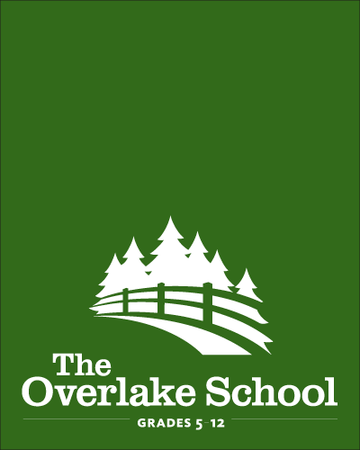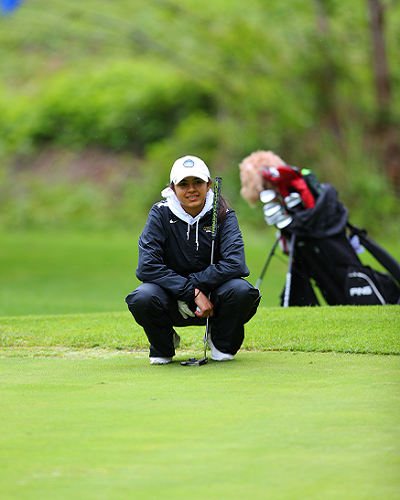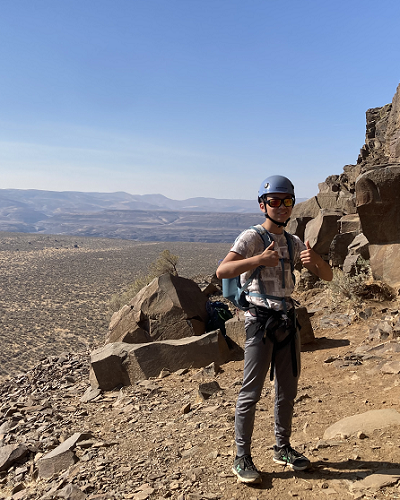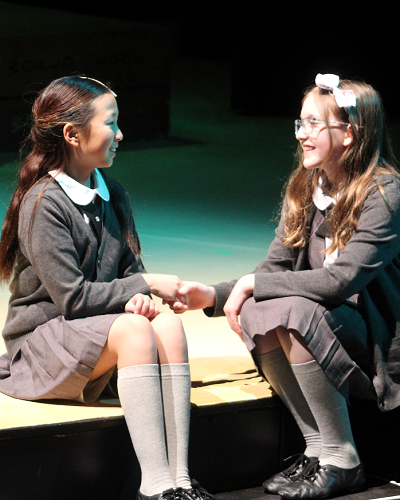Vanessa Kent ('15)
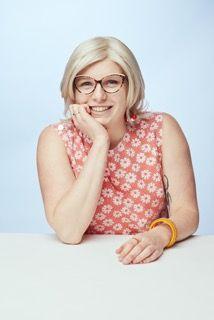
Vanessa Kent has moved back to the Pacific Northwest to work in the studio of John Grade. When I spoke with her last summer, she was getting settled in and looking forward to beginning a new chapter of her life.
What was your experience at art school?
My experience at RISD (Rhode Island School of Design) was wonderful. My major was Sculpture. I took a liking to woodwork- ng and ceramics and I also got very involved with the Nature Lab at RISD, which is a library of natural artifacts. I started working with an entomologist creating taxonomic keys and studying different types of insects.
I see from your website (vanessamariekent.com) that your work is very much influenced by natural forms, informed by nature?
Yes, I am very focused on the parasitic and symbiotic forms in nature, and the microscopic world separate from the hierarchy of animals that we value. I am interested in advocacy for the little guys, the insects and microscopic life forms, which are just as important on an ecological basis. I am really interested in biology and ecosystems. That’s how I make my art and what it is focused on.
Even though you are doing fine arts, you are very much informed by science and natural systems, and what we value and how we classify different life forms?
Yes, towards the end of my time at RISD, it is like a funnel, they want you to focus your work. I really homed in on zero waste, utilizing found or used materials, reducing the human footprint required to create the work. Repurposing these materials is a big part of what I do.
It sounds as if the opportunity to work for John Grade’s studio is a natural fit for you?
Yes, I am really excited. I worked there last year as an intern, and everyone is so kind and like-minded, and everything John Grade does is so informed by nature and natural forms. Found materials are utilized, and natural forms such as seed pods or tree trunks, or sections of plant cells — it is totally up my alley of interest.
What is your new job title?
I am a Studio Assistant. It’s a team of 20–30 people, depending on the projects underway. It’s fostering an inclusive beneficial community for artists by artists, because John understands that everyone there is an artist. Employees can get lower cost studio space for their own work, for example. He also allows employees to take time off for residencies, or to pursue your own artistic career. It’s a great environment to be in and around.
Does this mean you are probably back in the Pacific Northwest for the long term?
Don’t know right now. It’s kind of nebulous. I am making my own spatulas and wooden kitchen tools offered on my website. So, developing the business side interests me. I am also interested in establishing an artistic residency with my family in the Redmond area. And, I suffer from an autoimmune disease called alopecia areata, and I am trying to get more involved with running a support group and advocacy for the disease, especially for children. I’ve had the disease for eight years, and I am trying to earn more about it, and help others. How can I give back to the community is my question.
You were a lifer at Overlake?
Yes. Going to Overlake, the Art Barn was my home. C. Jaap was like my second mom. We actually had lunch last week. We’ve kept in touch even when I was at school. My immediate family is not especially creative, they are more business oriented. My father would like me to be an attorney. C. helped me to have a wider view of the world, and suggested alternatives to the traditional college path. She encouraged me to believe that I could be an artist rather than pursuing art as a hobby, and that doing what you love and believe in can be rewarding and meaningful. Happiness is success. Happiness matters. You can be creative in everything you do.
Any other thoughts about your Overlake experience?
Taking Art History from Army sailed past me a bit when I was at school, but its importance came home to me when I was studying Art History in Italy in college. I was able to appreciate it more in retrospect. And the style of Overlake, encouraging freedom and responsibility, self-advocacy, and the community sense of trust all seem very important looking back.
